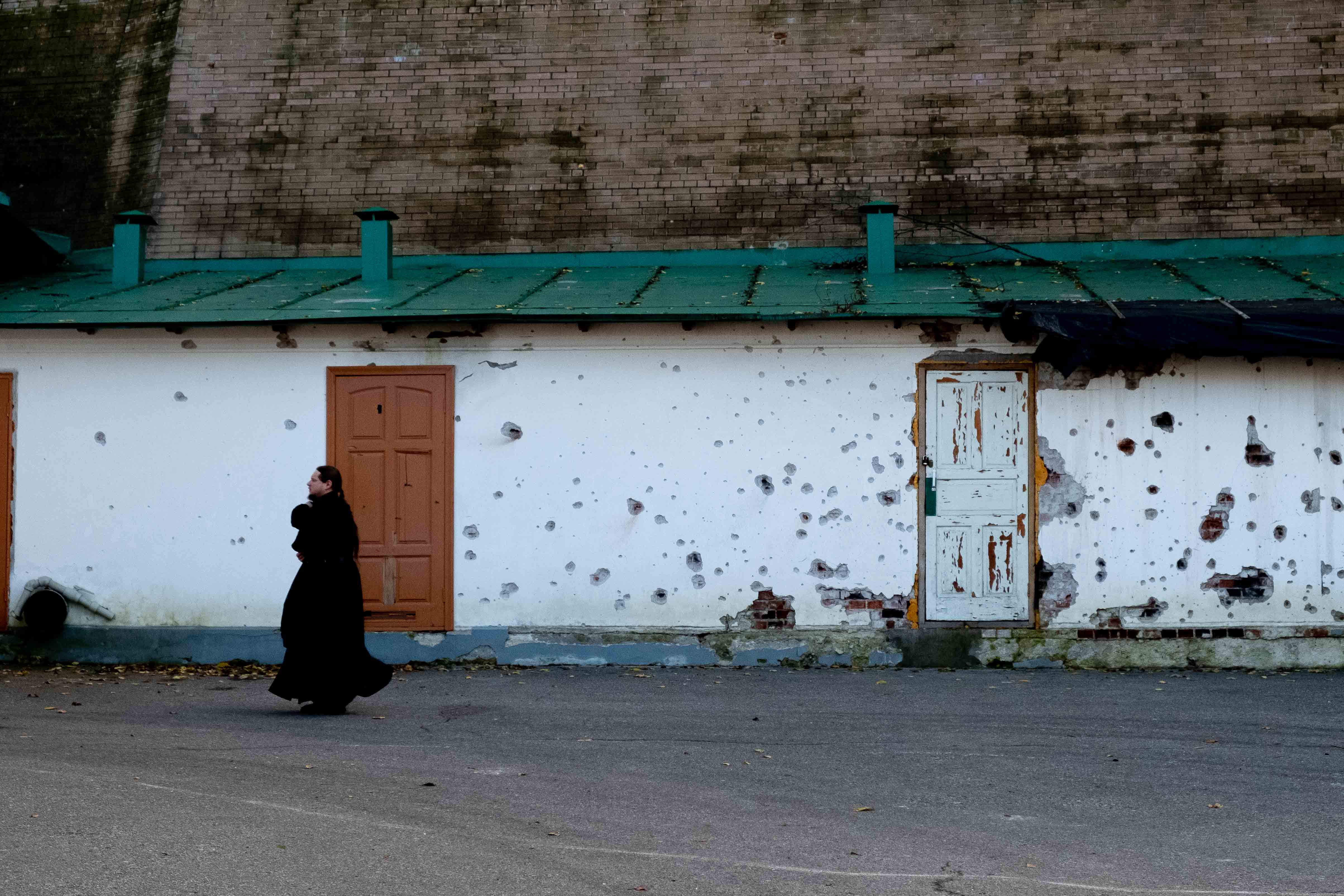Foreign Ministry dismisses UN claim that searches in Moscow-linked churches could be 'discriminatory'
Foreign Ministry's spokesman Oleh Nikolenko urged the UN Human Rights Commissioner's Office (OHCHR) "to refrain from unbalanced political assessments and base its reports on facts" on March 27.
In its latest report on the human rights situation in Ukraine, the OHCHR claimed that the searches conducted by Ukrainian law enforcement at the premises of the Russian-controlled Ukrainian Orthodox Church of the Moscow Patriarchate (UOC-MP) "could be discriminatory."
"Ukraine is a democratic state in which freedom of religion is guaranteed. At the same time, freedom doesn't equal the right to engage in activities that undermine national security," Nikolenko wrote.
The UOC-MP has faced backlash in recent months due to its deep and long-standing ties to Russia, as well as the discovery of Russian passports, anti-Ukrainian propaganda, and stolen icons during nationwide raids on its religious sites. On Dec. 1, President Volodymyr Zelensky announced the start of a procedure to ban activities of the Moscow Patriarchate in Ukraine.
Despite claiming independence from the Russian Orthodox Church in May and condemning the ongoing war in Ukraine, the UOC-MP remains subordinated to Moscow in the hierarchy of the Orthodox world.
According to the OHCHR's data, Ukraine's Security Service officers, in some cases, interrogated clerics using a polygraph during the searches.
"OHCHR also recalls the need to ensure that all those facing criminal charges enjoy the full spectrum of applicable fair trial rights," reads the report.
On March 25, Ukraine's Foreign Ministry criticized the UN Human Rights Office's mission in Ukraine for its recent report on abuse, torture, and arbitrary executions and detentions of both Ukrainian and Russian prisoners of war in Ukraine.












